How California’s Street Injections Are Helping the Homeless
California’s street medicine programs are transforming healthcare for the homeless. Medical teams travel directly to encampments, offering much-needed care to those who cannot access traditional services.
These innovative programs are making a significant difference, particularly through the use of long-acting antipsychotic injections.
A Game-Changer for Mental Health
Long-acting antipsychotic injections are proving to be a game-changer for the homeless. Dr. Rishi Patel, medical director of Akido Street Medicine, highlights their impact: “They’ve been an absolute game-changer.”
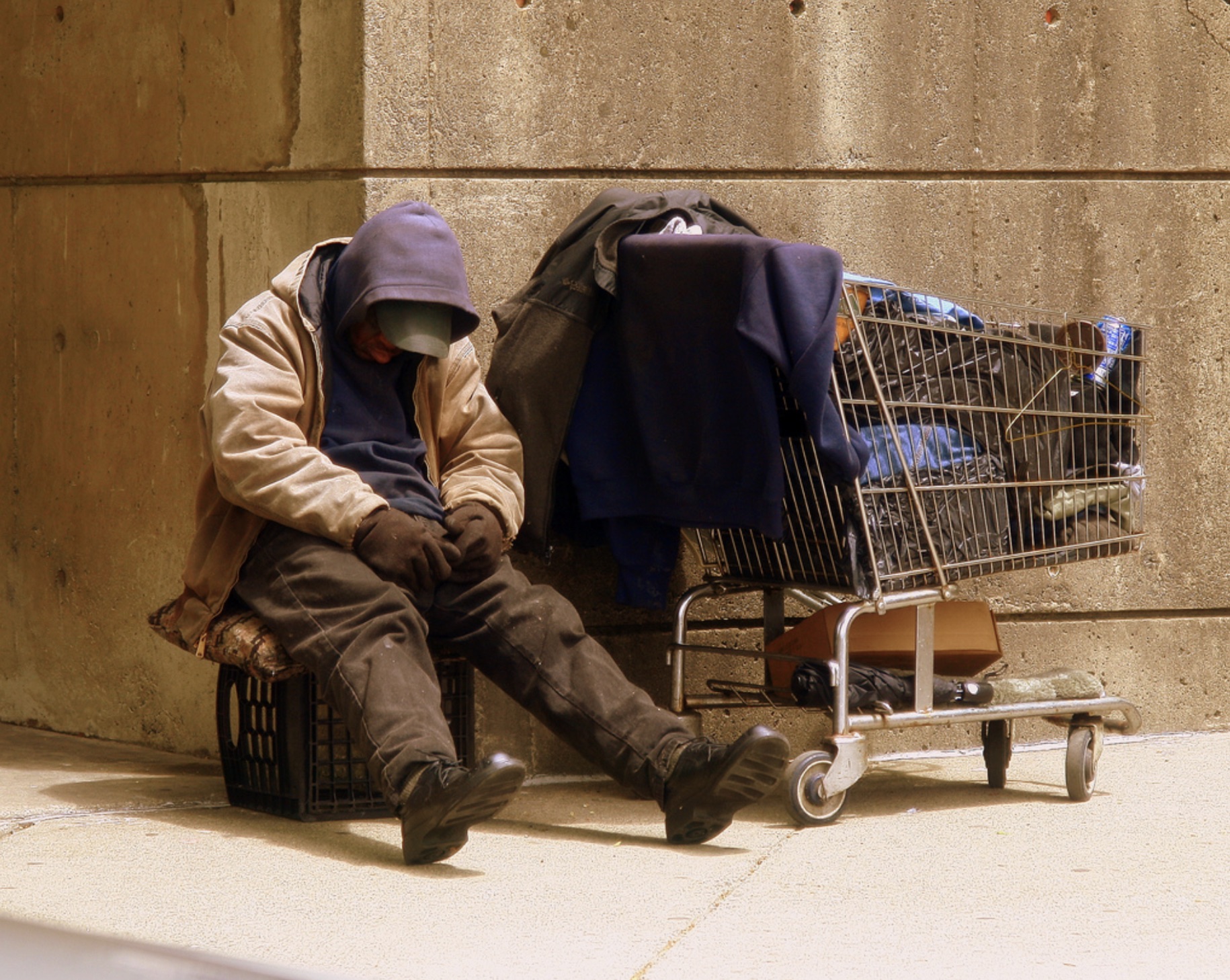
Source: Wikimedia
These injections provide sustained relief from psychosis, helping patients think clearly and engage with social services despite their living conditions.
Overcoming Daily Challenges
Homeless individuals often face challenges like having their medications stolen or forgetting to take daily pills.
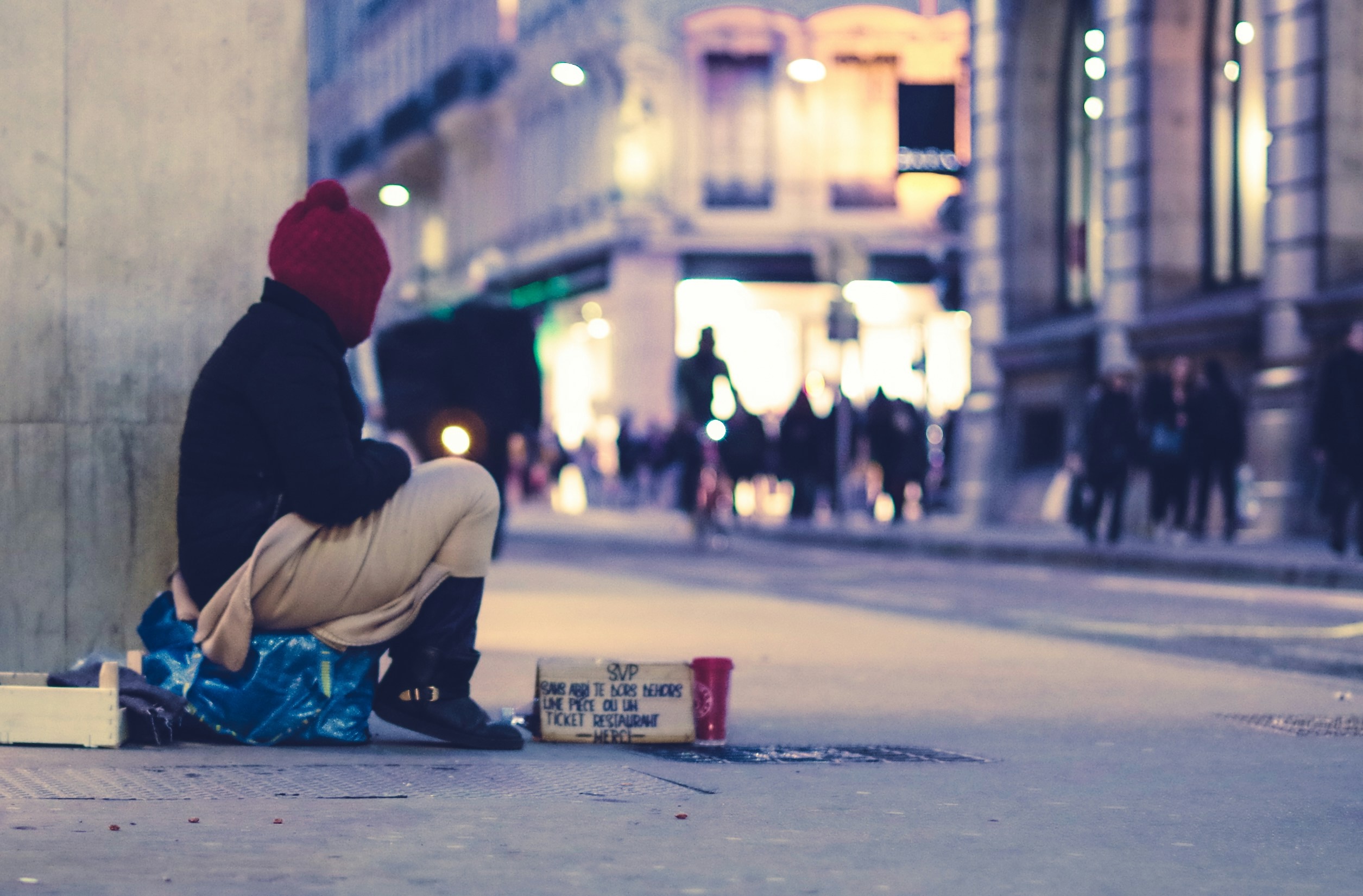
Source: Ev/Unsplash
Long-acting injections address these issues by providing a steady release of medication over a month (and administered by professionals), eliminating the need for daily medication management.
Bringing Care to the Streets
Street medicine teams bring these injections directly to patients, wherever they are.
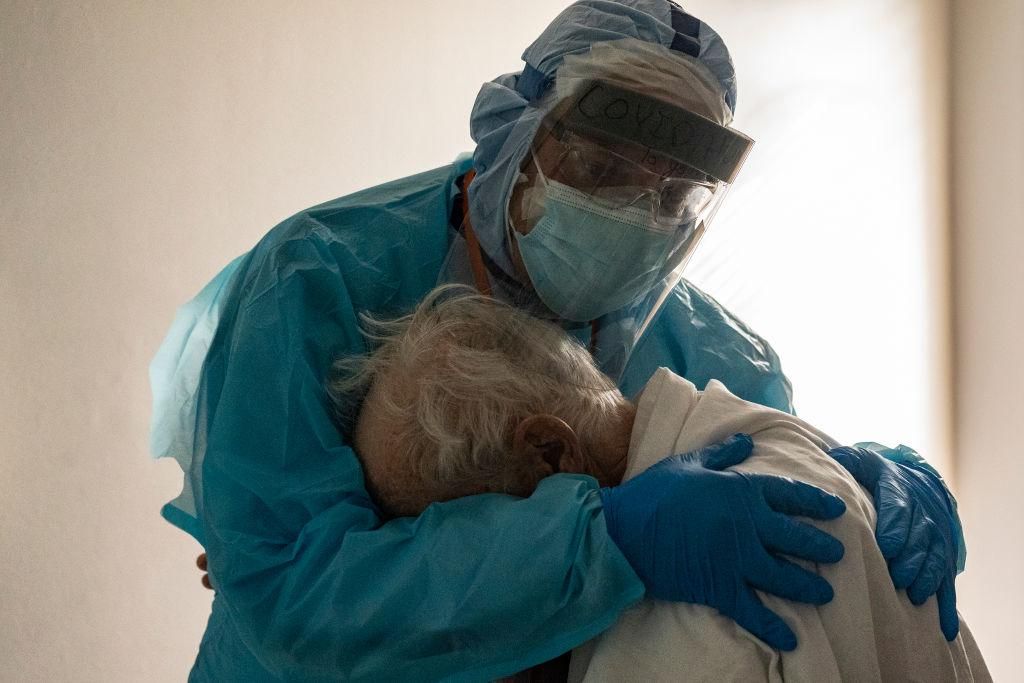
Source: Go Nakamura/Getty Images
Whether in a tent in Los Angeles or a dugout in Central Valley, doctors can diagnose, prescribe, and administer the medication quickly, bypassing traditional healthcare barriers.
Success Stories in California
Many success stories highlight the effectiveness of these programs. For instance, Ricky Fonseca Jr., a former welder, experienced a dramatic transformation after starting on monthly Abilify injections.

Source: Kylo/Unsplash
“I can finally hear the birds and the crickets,” he said, reflecting on his improved mental state and reduced meth use.
Challenges in Follow-Up Care
One of the biggest challenges is tracking patients for follow-up doses. Dr. Patel’s team often struggles to find patients in transient encampments.

Source: Lala Miklós/Unsplash
Without consistent contact, it’s hard to ensure continuous care, which is crucial for long-term success.
Who Should Administer Injections?
There is a debate about whether general practitioners or psychiatrists should administer these injections.

While street doctors have adapted by seeking additional psychiatric training, some argue that specialized knowledge is necessary due to the complexity and risks associated with these medications.
The Broader Impact
These efforts are part of a larger strategy to address California’s intertwined homelessness and mental health crises.
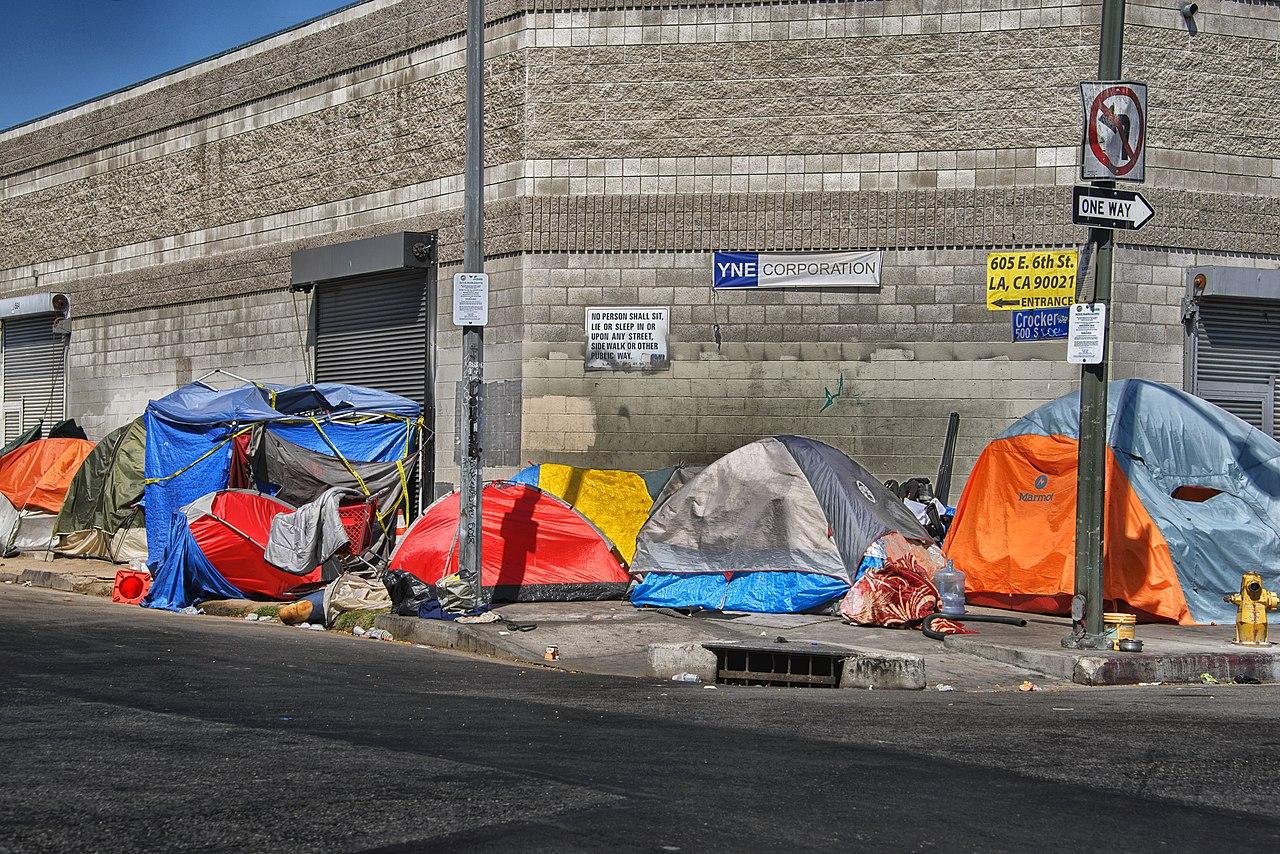
Source: Wikimedia
With over 180,000 homeless residents, innovative solutions like street medicine are essential. Legislative measures, such as Governor Newsom’s CARE Court, also aim to improve mental health care.
Addressing Side Effects
While effective, these injections can have side effects, including dizziness and sedation.
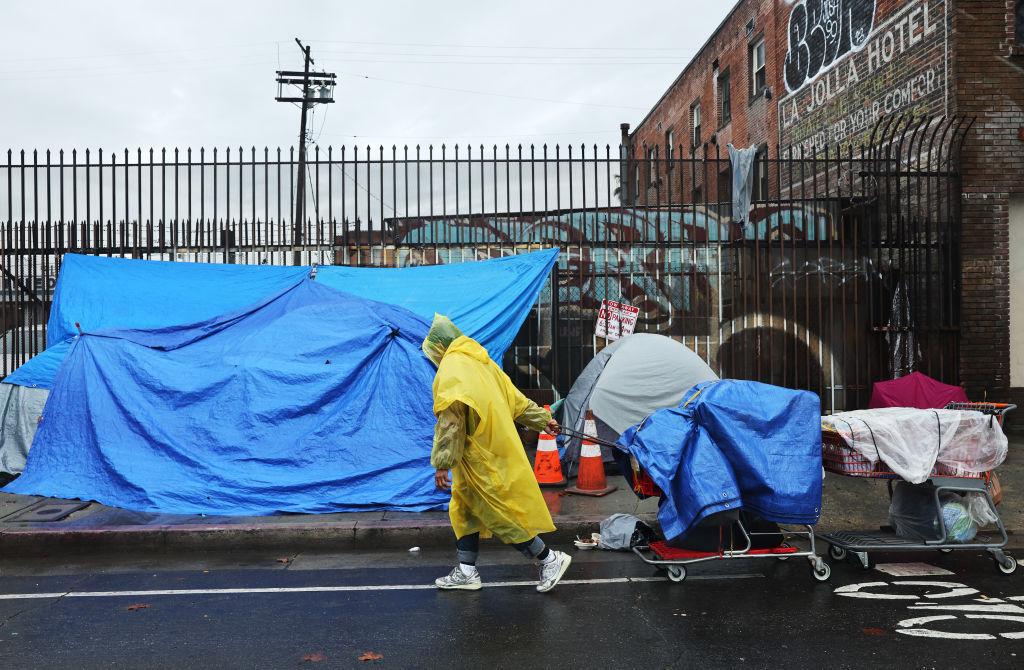
Source: Mario Tama/Getty Images
Street doctors carefully monitor patients and often start with oral doses to ensure no adverse reactions before giving the shot. This cautious approach helps minimize risks.
Voluntary Treatment Approach
Unlike mandatory treatments under CARE Court, street medicine offers voluntary treatment. This approach respects patient autonomy and meets them where they are, fostering trust and cooperation, not to mention consent.

Source: Freepik
Patients are more likely to accept treatment when it’s offered on their terms.
Expanding Beyond Antipsychotics
Street medicine isn’t limited to antipsychotics. Doctors also administer long-acting injectable medications for HIV and addiction, such as Vivitrol.
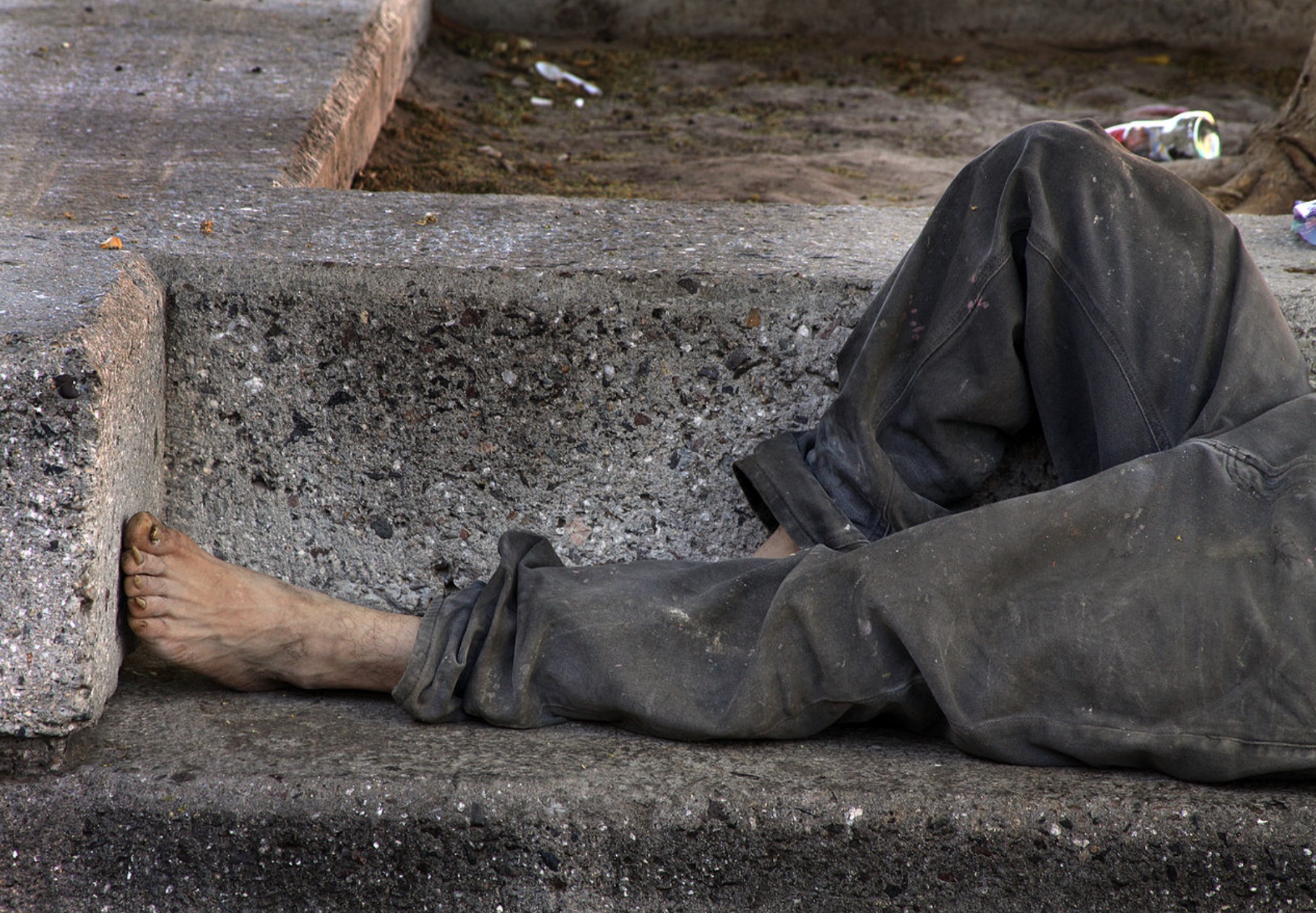
Source: Wikimedia
These treatments help manage various health issues prevalent in homeless populations, contributing to overall well-being.
Looking Ahead
The future of street medicine looks promising, with ongoing efforts to refine and expand these programs.

Source: Reddit
By addressing mental health and substance abuse directly in the community, California is paving the way for more inclusive and effective healthcare solutions for its most vulnerable residents.
